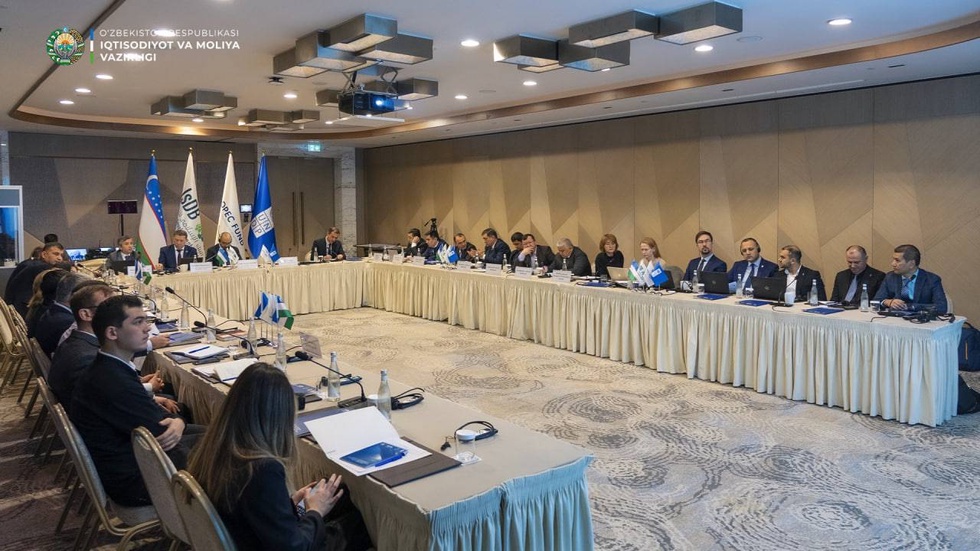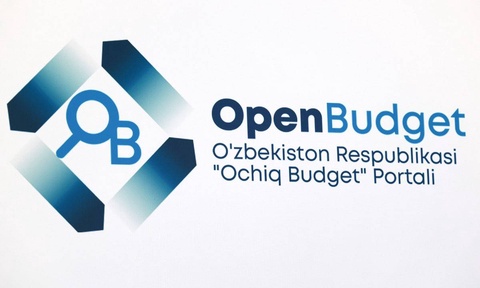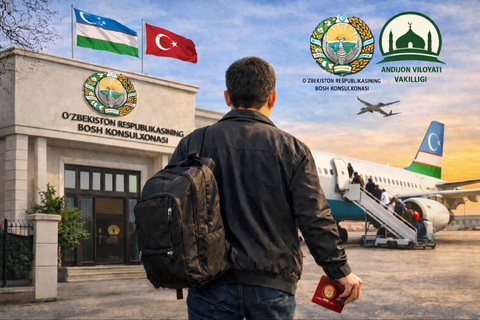The event was attended by representatives of ministries and departments, as well as the Cabinet of Ministers of the Republic of Karakalpakstan, the khokimiyats of Bukhara, Kashkadarya, Navoi, Samarkand, Surkhandarya and Khorezm regions, the Islamic Development Bank, UNDP and partner organizations.
In particular, within the framework of the project, mobilization seminars were organized and conducted in 57 communities, which were attended by 3303 residents, of whom 1,219 were women. One of the outstanding achievements of the project in 2023 is the development, together with the population, of 40 cluster community development plans, which included 900 sub-projects for the reconstruction of existing and construction of new social infrastructure facilities in 40 central and 130 adjacent mahallas of 20 target districts of the Republic of Karakalpakstan, Bukhara, Navoi and Khorezm regions.
Also, during the meeting, they got acquainted with the project report on the work done and the results achieved in 2023 and the project plans for 2024.
These sub-projects include the asphalting of roads and the construction of sidewalks, improvement of the irrigation system, water supply and electricity supply, street lighting, bridge construction, improvement of sewerage and drainage systems, etc. The works will be carried out and put into operation in 2024-2025. Initiative groups from among local residents have been created in 170 mahallas to monitor the ongoing subprojects, the total number of which is 2,088 people, 558 of whom are women.
Also, during the year, a number of studies were conducted on the impact of the environmental disaster on agriculture and the population, an assessment of the potential of the urban development market and the training needs of local specialists, an analysis of the existing information technology infrastructure, an assessment of the potential of rural schools and government organizations and the competence of students, teachers and civil servants in digital literacy, etc.
In order to increase the potential, 6 trainings for specialists were organized, such as general planning, agroecology, the use of AutoCAD and 3DMAX, trainings on online receipt of public services on 3 platforms, which were attended by 2,859 people, of whom 1,298 were women.
As a pilot initiative, 4 agrometeorological stations were installed to protect agricultural lands and gardens from pests and diseases in 4 locations of the pilot regions.













